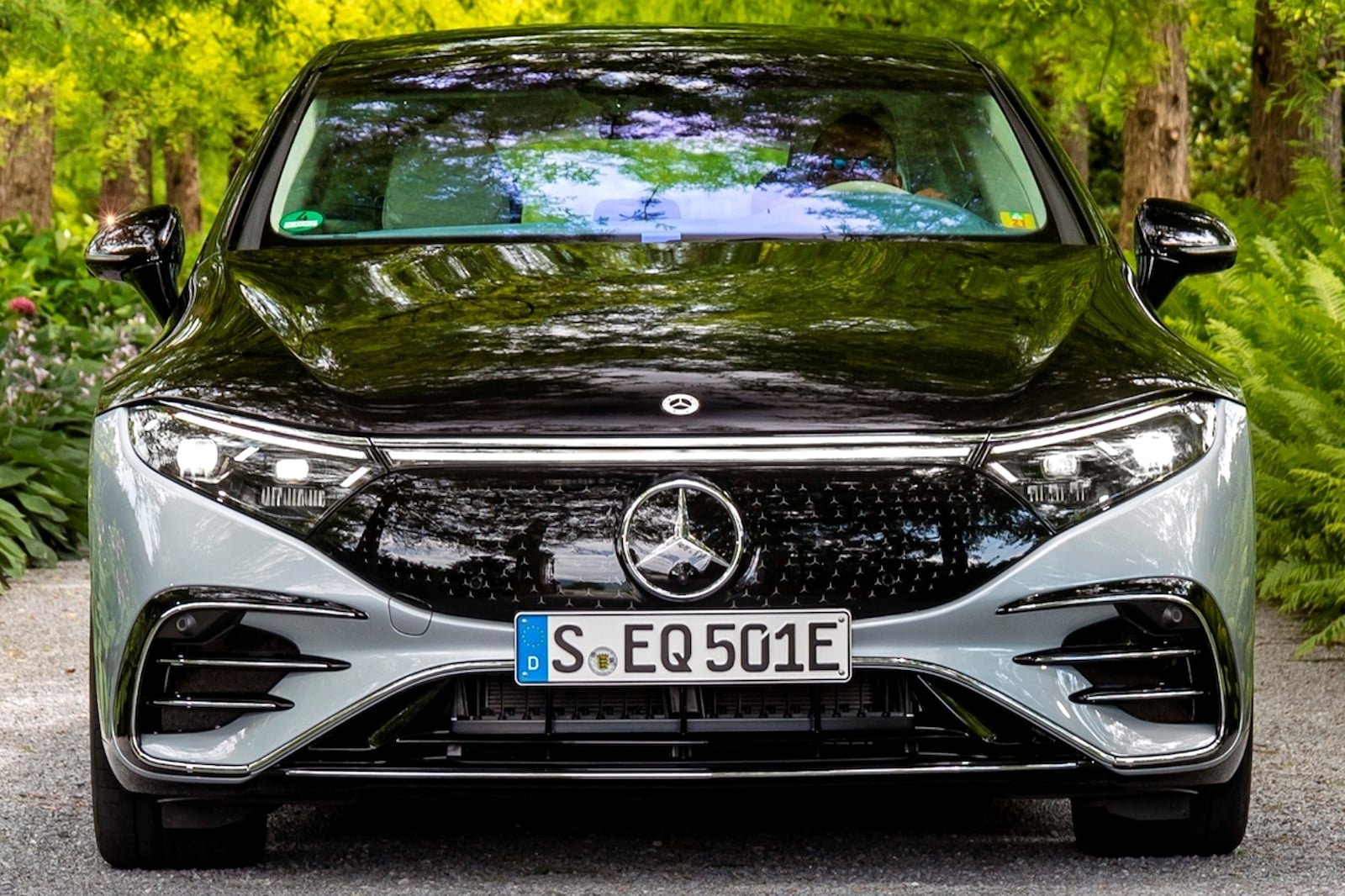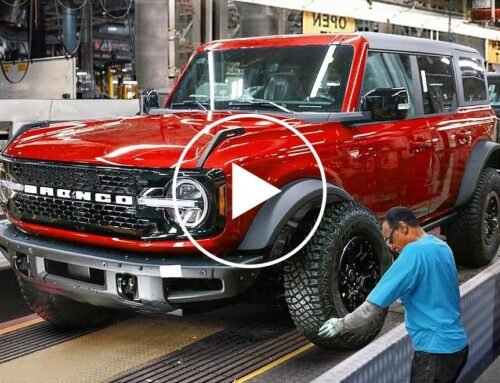This is how it aims to achieve that.
The parade of going-green announcements continues. We’ve seen a raft of these follow OEM’s first-quarter sales reports. People know what made brands their money, and now people want to know how that money is going to be made sustainably. Mercedes-Benz is happy to tell you.
By the end of the decade, the brand plans to announce that it will cut CO2 emissions by more than 50%. The announcement was made at the first digital Environmental, Social, and Governance Conference this week. “The desire for individual mobility keeps growing. Our mission is to meet this need in a sustainable way… By 2030, we want to reach the halfway mark.”
 Mercedes-Benz
Mercedes-Benz
 Mercedes-Benz
Mercedes-Benz
 Mercedes-Benz
Mercedes-Benz
That comes to us from Ola Kallenius, Chairman of the Board of Management at Mercedes. In the announcement, the brand also laid out the ways that target will be hit. First, Merc is aiming for zero tank-to-wheel emissions. That’s basically an expansion of their electric fleet which houses cars like the Mercedes-Benz EQS. Merc also plans for fleets of electric commercial vans.
The next step shared was “Green Charging,” which boils down to carbon-zero charging for Mercedes vehicles. Right now, that includes 300,000 charge points across Europe, with plans in the pipeline for the US.
Mercedes plans to push harder into producing and recycling cleaner batteries. The brand says batteries are the biggest pain point for EV CO2 emissions. For Merc, that means transitioning into CO2-neutral battery cell production, which will drop emissions by 20%, in addition to the use of greener LFP batteries. A CO2-neutral battery recycling plant will also be opened in Germany.
 Mercedes-Benz
Mercedes-Benz
 Mercedes-Benz
Mercedes-Benz
 Mercedes-Benz
Mercedes-Benz
Finally, Mercedes is pushing for more sustainable materials in its cars. We imagine there’ll be a lot more cactus leather out there soon. That also means the inclusion of “green steel and aluminum.” The brand stated it is working with suppliers to ensure that all of the steel and aluminum used in production cars is carbon-neutral. Ideally, with these measures in place, Mercedes can begin to work towards a greener future for itself, and by 2030, it’s aiming for 70% of its energy for production to be renewable.
Green efficiency is not the only thing the brand wants to change though. It has issued a statement that by 2030, 30% of its senior management positions will be occupied by women, while in an effort to improve its responsibility towards human rights, the company will increase the transparency relating to 24 raw materials that come with an elevated risk of human exploitation.
Whichever way you look at it, Mercedes will be radically different by 2030.
 Mercedes-Benz
Mercedes-Benz
 Mercedes-Benz
Mercedes-Benz
 Mercedes-Benz
Mercedes-Benz





